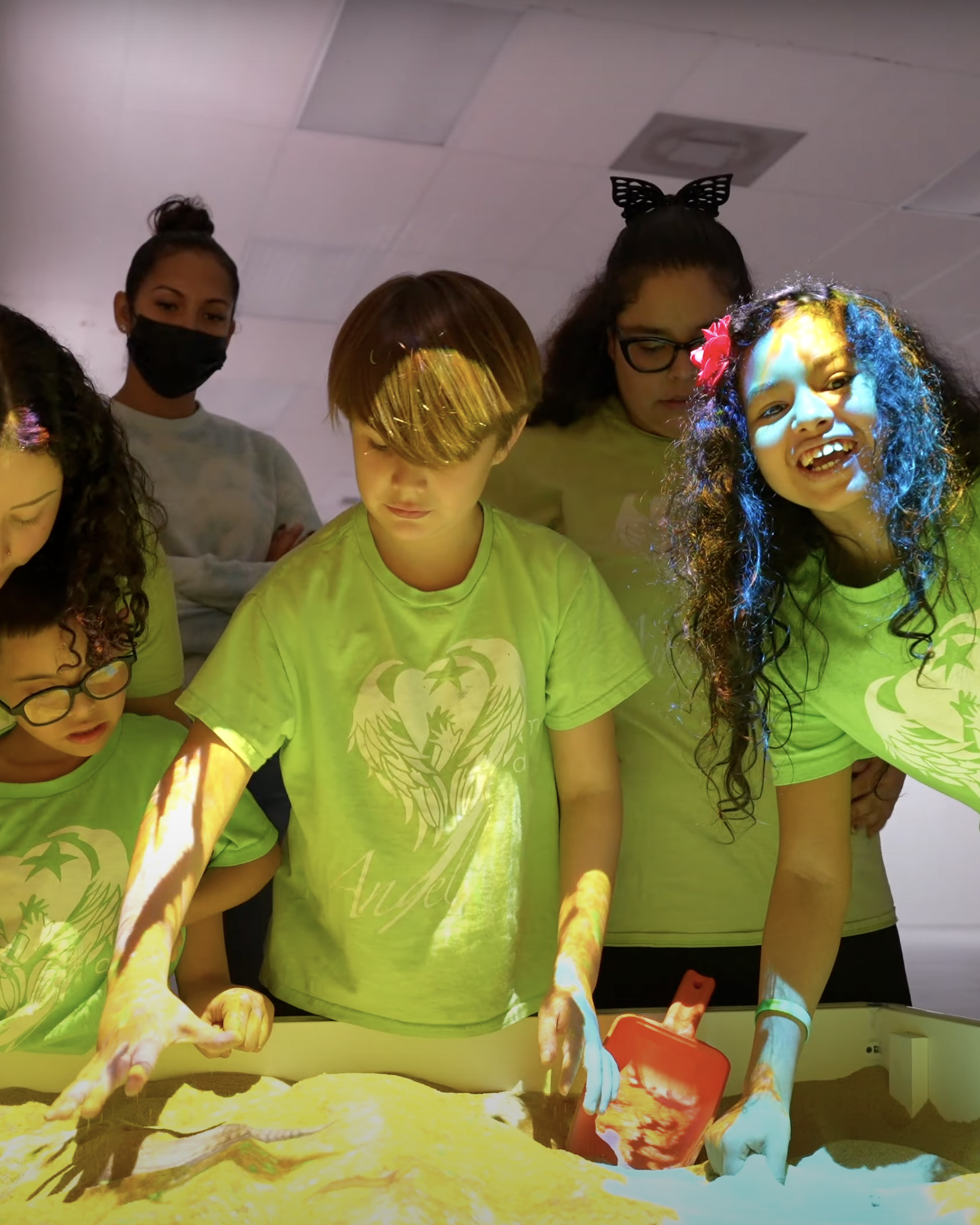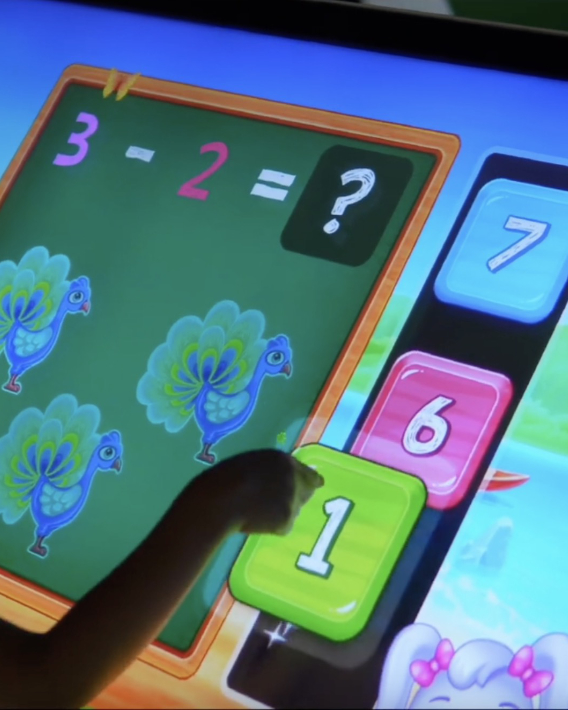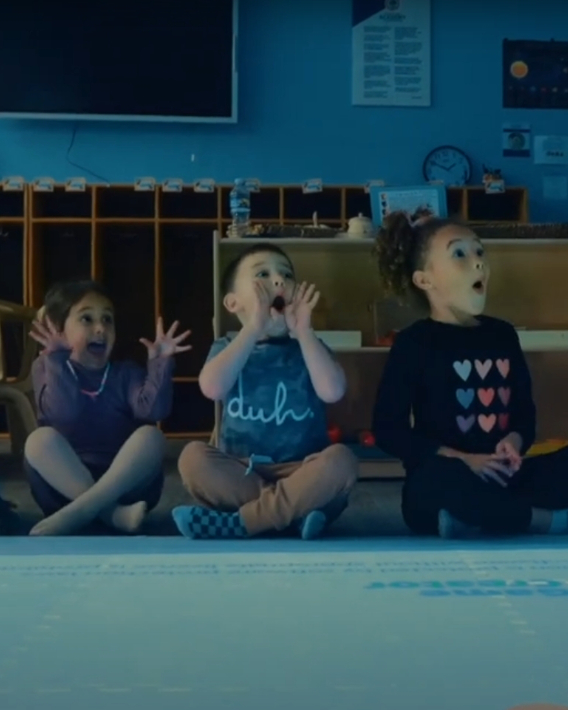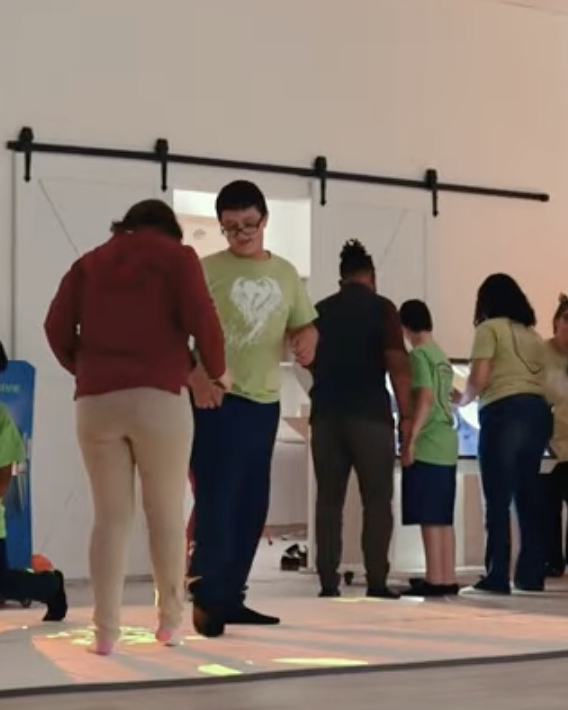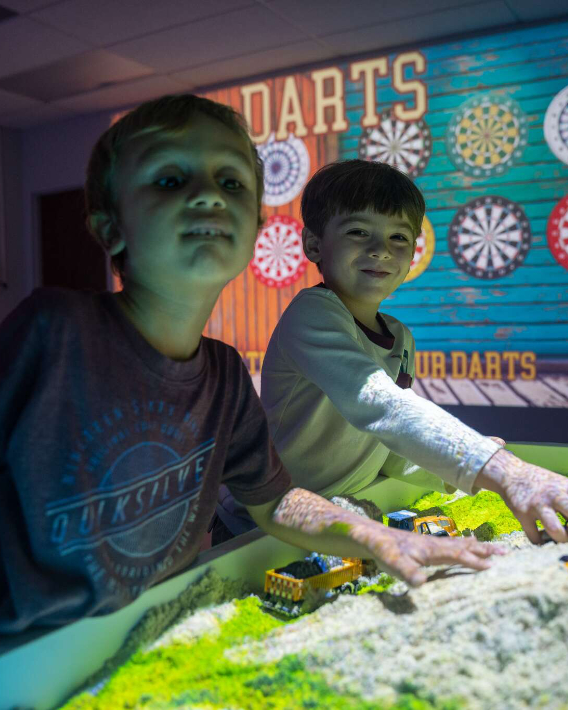 Daily skills
Daily skills
At Neurolevel, we’ve developed a collection of games for students with special needs to help them adapt to the world around them and become more independent. These games are readily available on our devices and smart boards
Daily Skills Games
We have a series of games designed to develop daily skills in individuals with autism and other special needs. Research and feedback from SPED teachers, therapists, and parents show that this gaming technology enhances material retention. Individuals with special needs make significant progress and apply the acquired skills in real-life situations.
Develops: Selective attention, concentration and reflexes.
Available with the interactive wall
Custom Development
We accept orders for custom game development for those who are looking to add something truly unique to their learning program. To get started, contact Neorolevel and tell us about the game you want to develop - our team will provide all necessary details and help guide you in placing your order.
Get in touch to discuss your needs.
We create a detailed game brief.
Engage students and enhance learning!
Our team designs and builds your game.
Achievements of Neurolevel Games
- A non-speaking child said their first word
- Students that are often tired after regular classes regain their energy after playing Neurolevel games
- Students who find it difficult to work in teams learn to how to cooperate
- Adults with disabilities are able to effectively engage with Neurolevel games for long periods of time
- A boy who didn’t like touching sand began interacting with it
- A girl who wouldn’t allow anyone to touch her (couldn't even greet or hug her parents) was able to overcome that fear
Educator’s Opinion
Our Approach
Our goal is to deliver information and reinforce useful skills in a uniquely new way. Students often struggle with simply reading or listening – they want to move, interact, and learn together. This approach helps them form new neural connections and enhances material retention through associative learning.

Inner ear
Internal
Hearing
Sight
Body awareness
Touch






